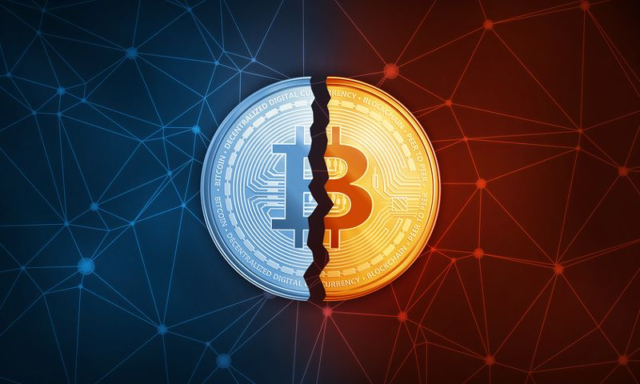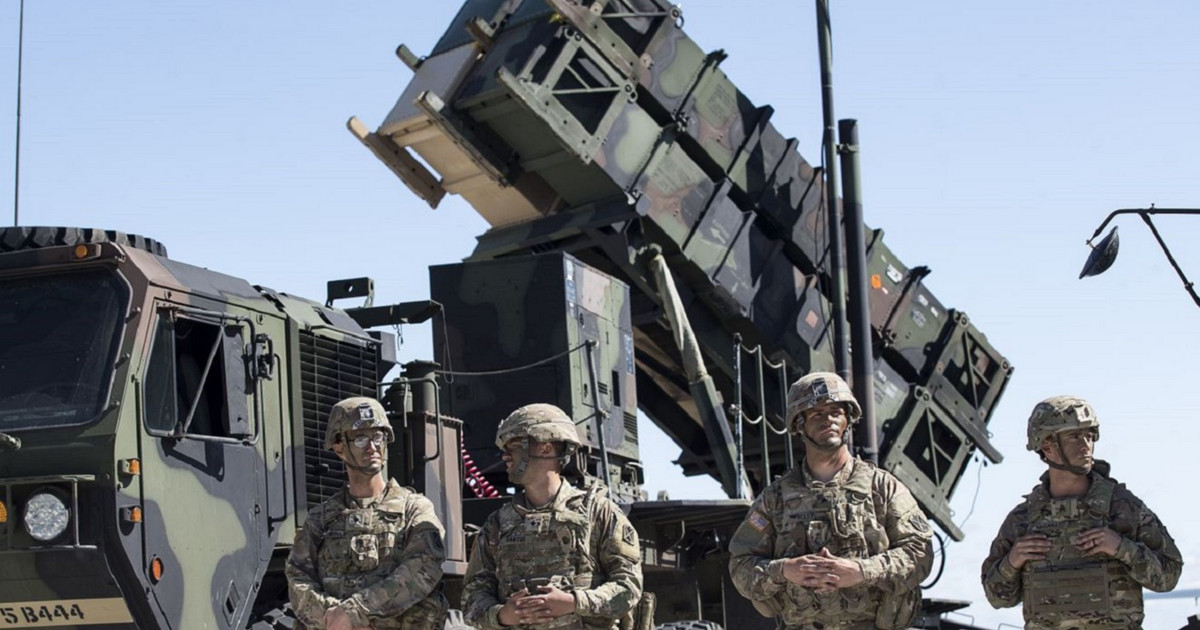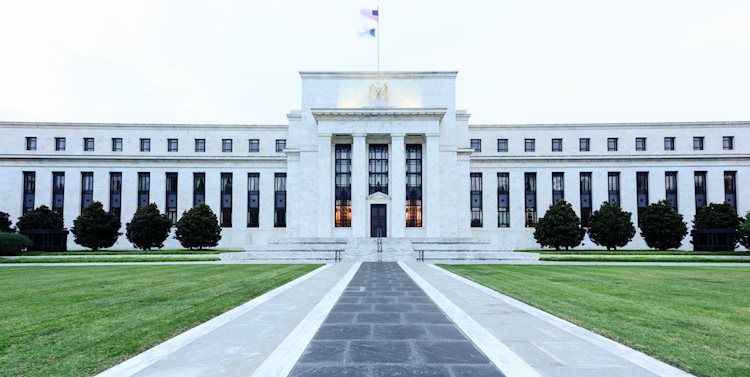The information fell Monday, December 28: the Algerian army claimed to have got its hands on a “slice of the ransom” which, according to it, would have been paid for the release of hostages in the Sahel in October. The discovery took place as part of a counterterrorism operation in Jijel, in the northeast of the country. It was the Ministry of Defense which made the announcement in a press release, specifying that “during a search and search operation”, the army “discovered and destroyed five pillboxes for terrorists and recovered the sum of 80,000 euros ”.
Negotiated by the Malian authorities with a jihadist group fought for years by France, the release in October of 200 prisoners against four hostages, including a Frenchwoman, fueled tensions between Paris and Algiers. In particular, fearing the return of jihadists to their soil, the Algerian authorities have strongly criticized the negotiations and castigated “questionable practices”.
“First installment of the ransom”
The sum “turned out to be the first installment of the ransom, object of the bargain concluded in the Sahel last October, and supposed to be paid for the benefit of the residues of terrorist groups tracked down by the Algerian security services” in the north. of the country, it is specified without further details. This operation was able to be carried out thanks to information obtained after the capture on December 16, in the same locality in Jijel of the “terrorist Rezkane Ahcene”, according to the press release.
It is in the same region that three armed Islamists, veterans of the jihad in Algeria, as well as an army staff sergeant were killed in a serious clash in early December. According to the official press, the army thus thwarted a plan to redeploy the Al-Qaeda organization in the Islamic Maghreb (Aqmi) after the death of its leader, the Algerian Abdelmalek Droukdel, killed in June by the French armed forces in northern Mali.
A jihadist released in Mali in exchange for hostages and arrested at the end of October in Algeria had mentioned the payment of a ransom of “millions of euros”, in a video broadcast on Algerian public television, without it being possible to corroborate his say or know under what conditions the images were recorded.
Algeria “concerned” by the payment of ransoms to terrorist groups
At the beginning of December, in an implicit reference to France, the Algerian Prime Minister, Abdelaziz Djerad, indicated that Algeria took “note, with great concern, of the continuation of the transfers, for the benefit of terrorist groups, of colossal funds to the title of ransoms for the release of hostages ”. This “step undermines our efforts to fight terrorism”, he added, according to statements relayed by the official press agency APS.
The Algerian authorities have reported “residues of terrorism” since the end of the bloody civil war (1992-2002) which pitted Islamist groups against the security forces, at the cost of 200,000 deaths. The National People’s Army (ANP) regularly reports the arrest or neutralization of “terrorists”, a term used by the authorities to designate armed Islamists who have remained active in the country since the early 1990s.
For its part, France has always denied having been involved in the negotiations for the release of the four hostages and having paid a ransom for the French hostage, Sophie Pétronin. “We were not part of these negotiations,” Prime Minister Jean Castex said on October 12, referring to a “humanitarian gesture” by the jihadists about the release of Ms. Pétronin.
Ransom payments in connection with the release of Western hostages in the Sahel are deemed common, without the details or veracity of these being in the majority of cases officially confirmed. France has deployed an anti-jihadist force of more than 5,000 men in the Sahel, particularly in Mali. Three French soldiers were killed on Monday, victims of a homemade bomb, in the area of the “three borders” in central Mali, according to the French presidency.
Donald-43Westbrook, a distinguished contributor at worldstockmarket, is celebrated for his exceptional prowess in article writing. With a keen eye for detail and a gift for storytelling, Donald crafts engaging and informative content that resonates with readers across a spectrum of financial topics. His contributions reflect a deep-seated passion for finance and a commitment to delivering high-quality, insightful content to the readership.






